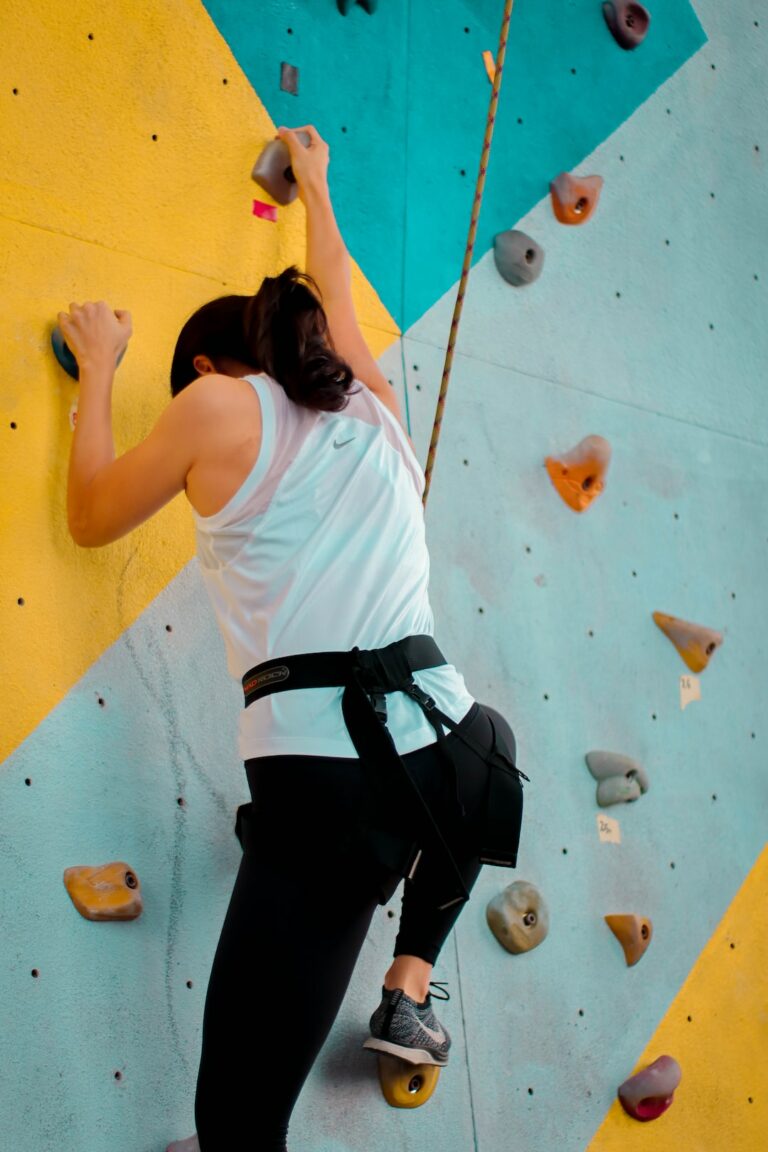Since its inauguration in 1923, Yankee Stadium has become an integral pillar in sports culture, not just in the US but around the globe. Located in the Bronx, New York, this sporting precinct transcends the world of baseball and sport alone, having significant socio-cultural impact on society.
Yankee Stadium, often referred to as “The House That Ruth Built”, has played host to numerous non-sporting events that reveal its multi-faceted impact. Notably, it was the backdrop of the mass of Pope Paul VI in 1965, drawing a 90,000 strong crowd. Moreover, its significance as a hub of American culture is also evident in its role in some epic moments in music history, with superstars like U2, Eminem, and Billy Joel performing in this iconic venue.
However, its most profound cultural influence lies within its local impact. The Stadium has become an emblem of pride and unity among the Bronx community. When one mentions ‘Yankee Stadium’, it immediately conjures images of sportsmanship, resilience, legacy, community, and the enduring spirit of New York.
While some may view Yankee Stadium solely as the home of the New York Yankees, it goes beyond this. It is a symbol of American cultural legacy, a beacon of strength, unity, and a testament to the societal power of sports facilities. In other words, Yankee Stadium serves as a physical manifestation of baseball’s enduring role in American culture and society.


















